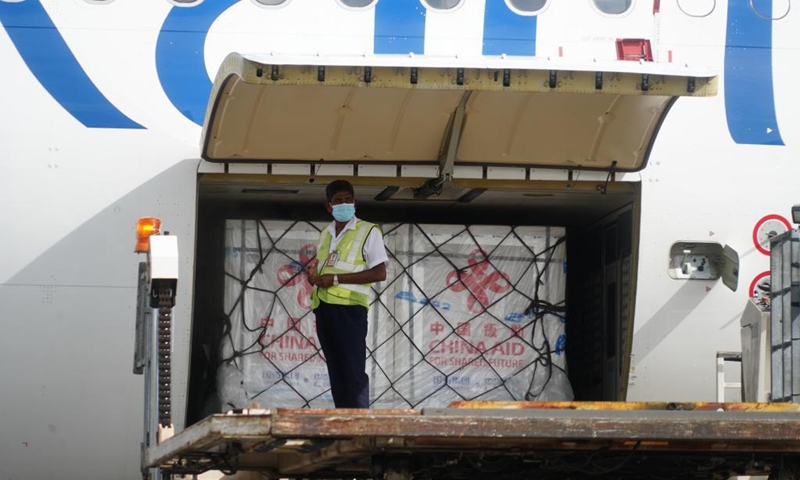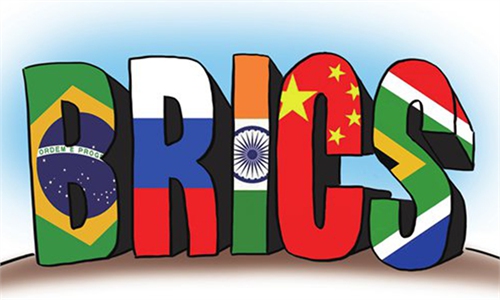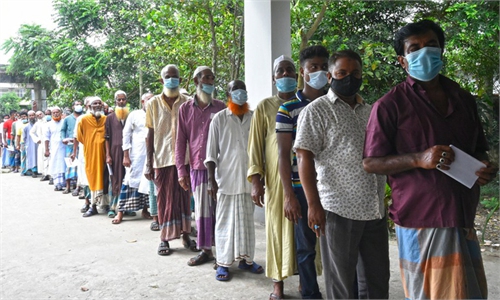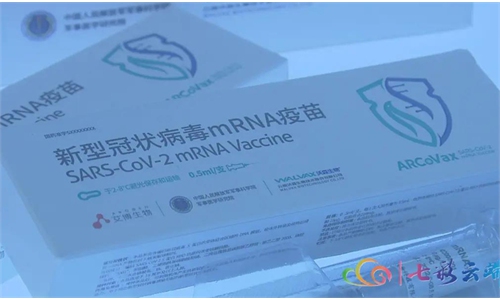China to donate additional 100m COVID-19 vaccines to developing countries by end of year: Xi

The COVID-19 vaccine donation from China arrives at the Bandaranaike International Airport on the outskirts of Colombo, Sri Lanka, July 27, 2021. Photo: Xinhua
To date, China has provided more than one billion doses of finished and bulk vaccines to over 100 countries and international organizations, and will strive to provide a total of two billion doses by the end of this year, Chinese President Xi Jinping said at the 13th BRICS Summit on Thursday, adding that China will donate an additional 100 million doses of vaccines to fellow developing countries within this year on top of the $100 million donation to COVAX.
The 13th BRICS Summit was chaired by Indian Prime Minister Narendra Modi. Brazil's President Jair Bolsonaro, Russian President Vladimir Putin and South African President Cyril Ramaphosa also attended the summit.
"The BRICS countries have become an important force on the international stage to be reckoned with," Xi made the remarks in Beijing while addressing the 13th BRICS summit via video link.
"At present, the COVID-19 pandemic is still wreaking havoc around the world. The road to global recovery remains bumpy and tortuous. And the international order is going through profound and complex changes. Facing these challenges, we the BRICS countries must step forward to make an active contribution to world peace and development and advance the building of a community with a shared future for mankind," Xi said.
To address the common challenges, Xi suggested that the BRICS countries need to promote multilateralism, global solidarity against COVID-19, openness, and common development.
He stressed that fellow BRICS partners should uphold a science-based approach to tracing its origins, and oppose politicization and stigmatization.
Xi proposed strengthened public health cooperation among the BRICS members, including joint research and production, mutual recognition, and facilitating an early launch of the BRICS Vaccine R&D Center in virtual format.
It is also important to strengthen cooperation on traditional medicine to develop more tools against the coronavirus, Xi added.
At the summit, China has also proposed to host a BRICS high-level meeting on climate change and a BRICS forum on big data for sustainable development. An agreement on the cooperation of remote sensing satellite constellation among the BRICS members, which has already been signed, should be fully implemented, Xi said.
Xi urged the political and security cooperation among the member states, sending out even bigger, collective voice of BRICS countries on major international and regional issues. The BRICS Counter Terrorism Action Plan, adopted earlier this year, should be implemented in real earnest, Xi stressed.
At the summit, the BRICS countries agreed on the cooperation on coronavirus origins study, stating that the BRICS support science-based, inclusive of broad expertise, transparent, and timely processes, free from politicization or interference, read the New Delhi Declaration passed at the summit.
The BRICS also recognize COVID-19 extensive immunization a global public good, and regret the glaring inequity in access to vaccines, while stressing on the importance of safe, efficacious, accessible and affordable vaccines, says the declaration.
Global Times



